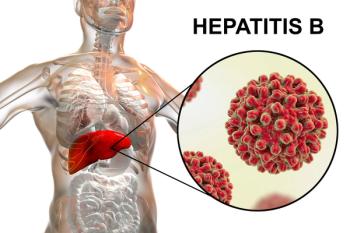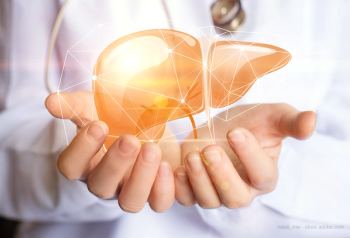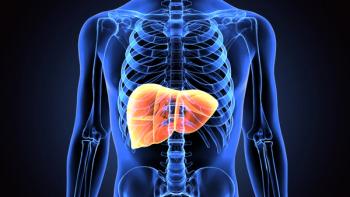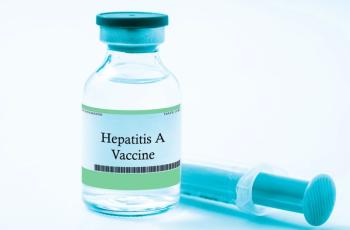
Delaying ERCP for Acute Bilary Pancreatis May Be OK
Thai researchers found that delaying endoscopic retrograde cholangiopancreatograpy was not associated with disease-related or ERCP-related complications.
For patients with
What is the outcome and medical risks when an urgent ERCP is delayed? That is what a team of researchers from Thailand’s Ramathibodi Hospital, Mahidol University wanted to know.
ABP, the most common cause of acute pancreatitis in Thailand, is the obstruction of the common channel of the pancreatic duct and common bile duct. ABP with cholangitis occurs in patients with persistent biliary tract obstruction.
The diagnoses of ABP, according to the American College of Gastroenterology guidelines, are abdominal pain, serum amylase, abdominal imaging and abnormal liver enzymes. Recommended treatment for biliary tract obstruction ABP without cholangitis is ERCP within 72 hours. Patients with ABP and cholangitis should undergo ERCP within 24 hours of admission.
Led by Paramin Muangkaew, M.D., researchers at the hospital conducted a retrospective study using information from 95 patients with ABP with cholangitis between May 2012 and April 2018. Sixty-seven patients were classified as early ERCP (less than 72 hours after admission) and 28 delayed ERCP (more than 72 hours after admission). They reported the results in the
Patients were considered for urgent endoscopy based on their condition, the doctor in charge, and if the endoscopic service was available. Patients were delayed if they didn’t display any symptoms. Emergency ERCP was performed on patients considered clinically deteriorating.
No patients had malignant obstruction or differences in cholangitis diagnostic criteria or pancreatitis severity. Neither was there a significant difference of choledocholithiasis by radiological imaging between the groups. Total bilirubin level was “significantly higher” in the early group compared to the delayed ERCP group.
ERCP surgical techniques were the same for both groups. The endoscopic sphincterotomy technique was commonly used in both groups. In the early group, two patients died, one by myocardial infarction and the other pneumonia. No deaths were reported in the delayed group. https://www.sciencedirect.com/science/article/pii/S1015958419308565
“There were no significant differences in disease-related or ERCP-related complications between the early and delayed ERCP groups,” Muangkaew reported. “The total length of hospital stay was shorter in the early ERCP group compared to with the delayed group but there was no significant difference in length of stay after ERCP.”
While the size of the stones removed were similar in both groups, the rate of complete recovery was “significantly higher” in the delayed ERCP group. Patients who underwent ERCP less than 24 hours after admission had a higher rate of positive bile cultures (64%) compared to patients who waited longer than 24 hours (48%).
The study also found that positive bile culture was reduced after treatment with intravenous antibiotics for more than 24 hours, indicating that biliary infection can be controlled by broad-spectrum antibiotics.
“We therefore suggest that the time of ERCP could be delayed in patients with ABP with cholangitis who respond clinically to antibiotics,” the study states. “Delayed ERCP can be performed in selected patients with ABP with cholangitis, with no difference in terms of complications but with a longer length of stay compared with early ERCP.”
Newsletter
Get the latest industry news, event updates, and more from Managed healthcare Executive.























